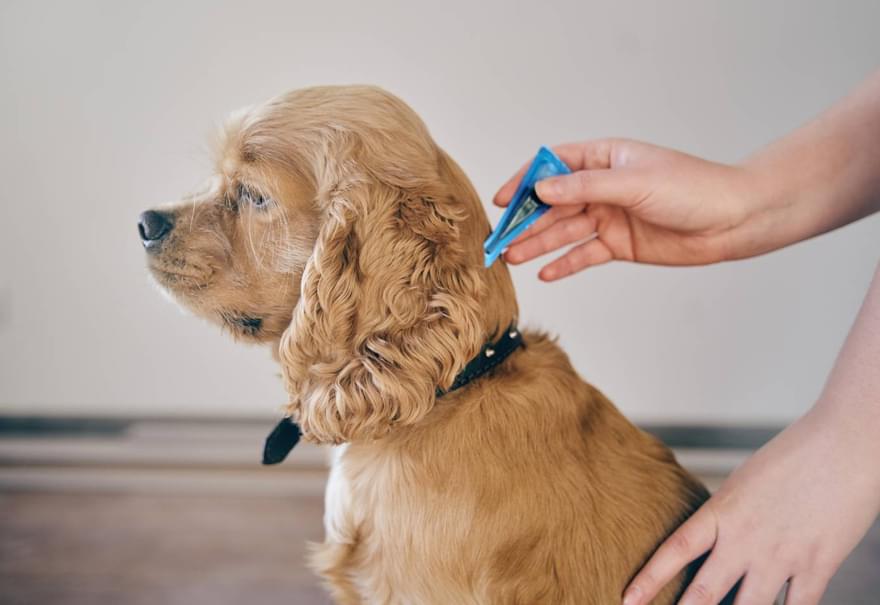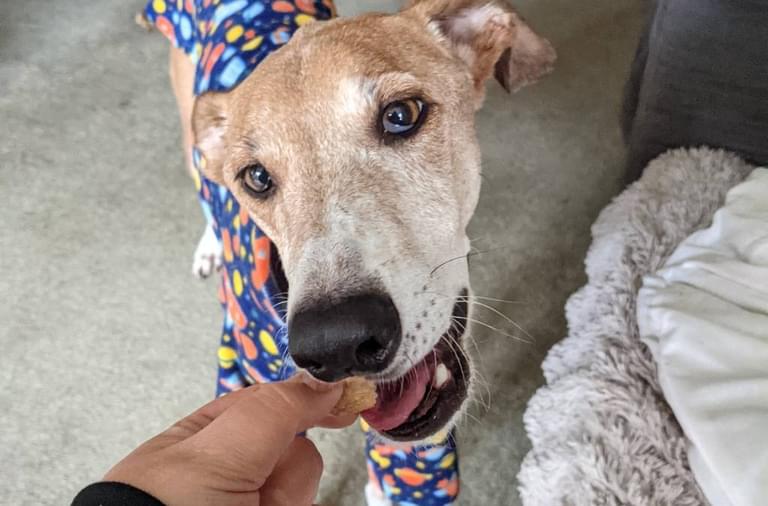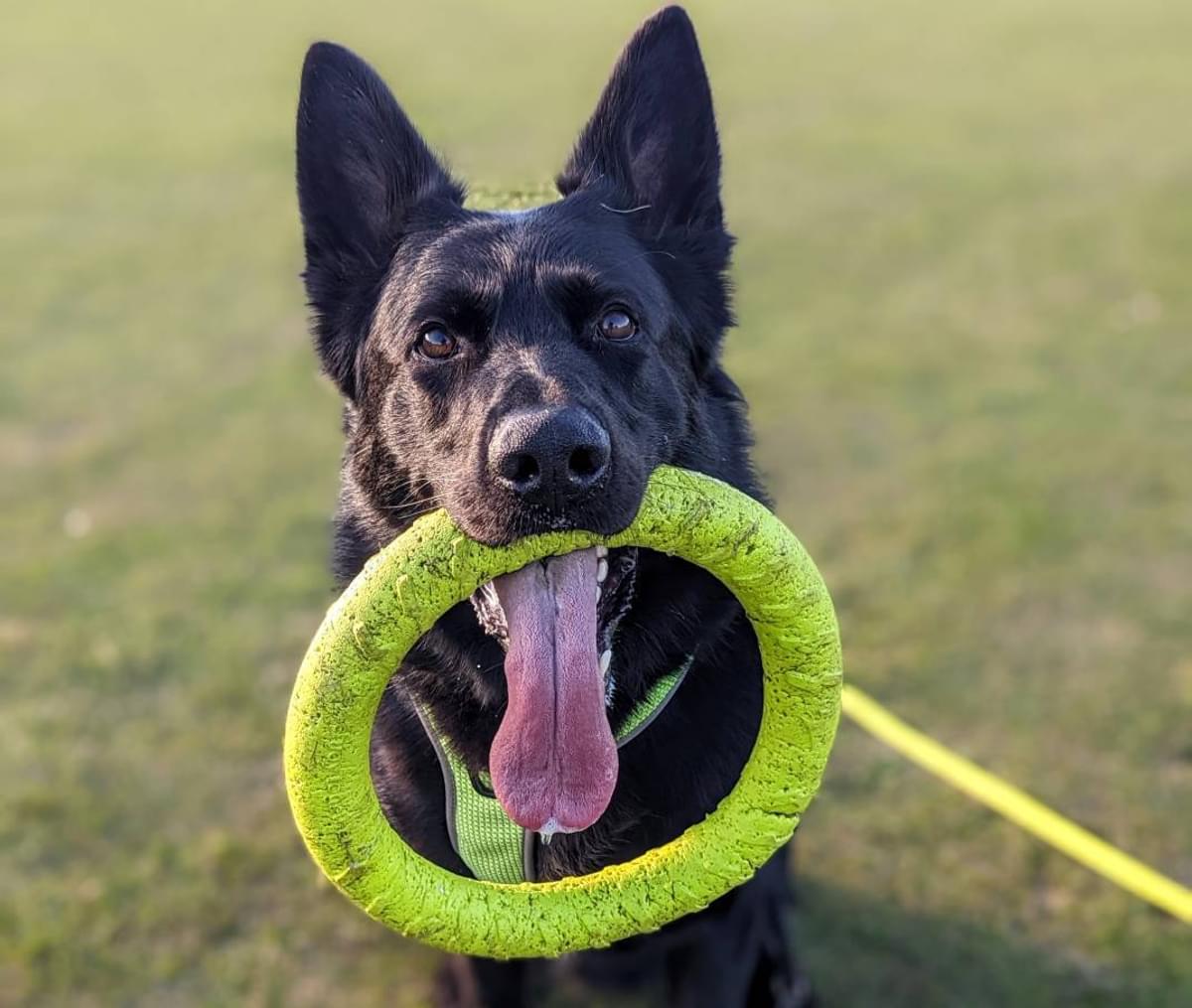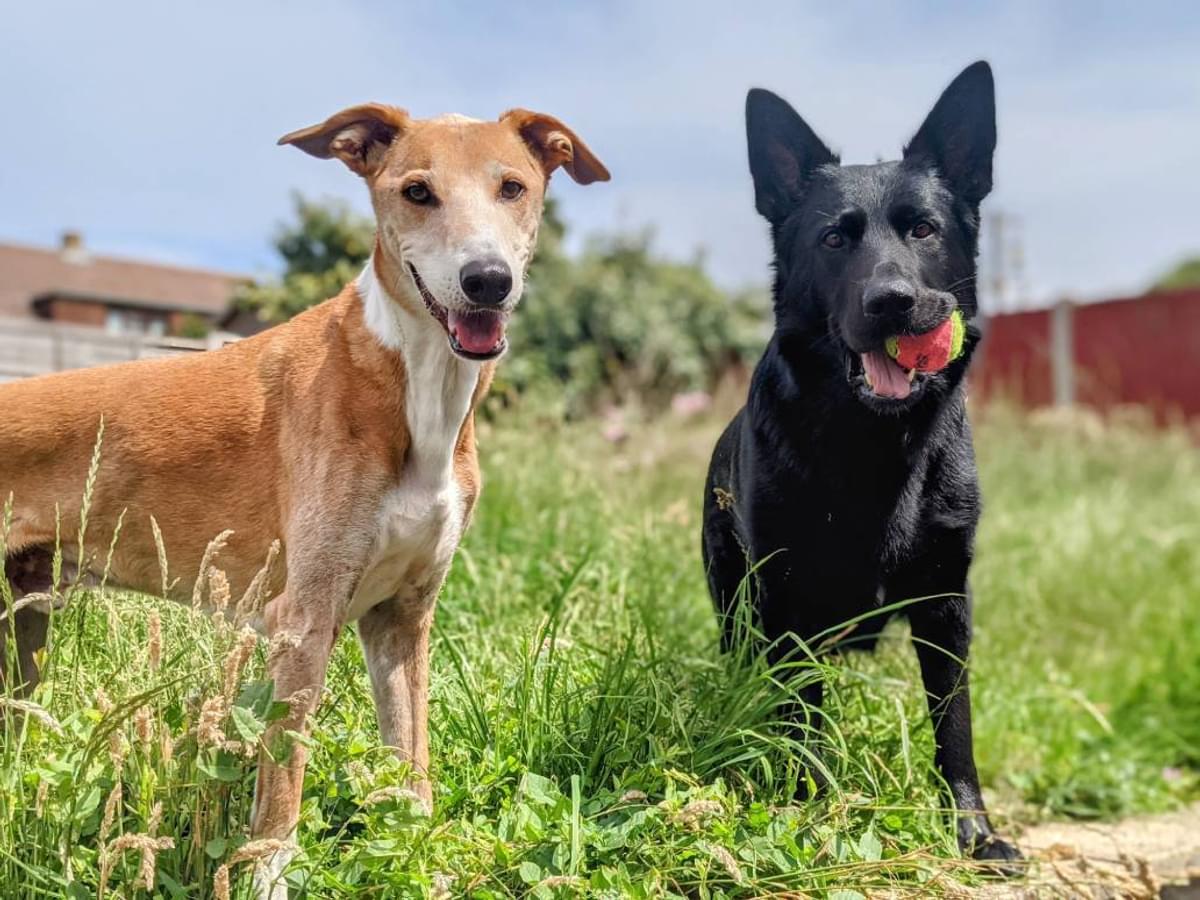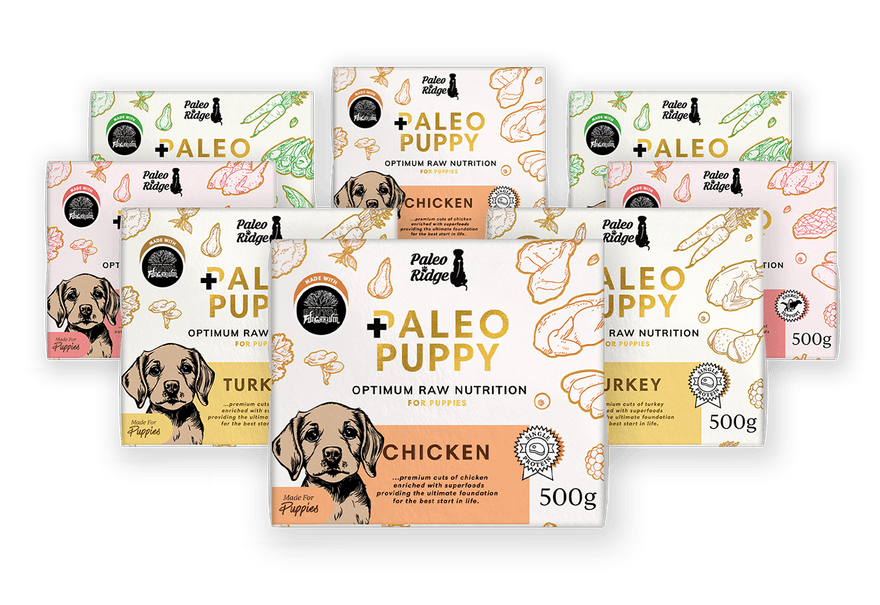The keys to establishing clear and effective communication with our dogs lie in understanding their body language, managing them, and rewarding desirable behaviours. This is what I call two-way communication. You are listening to your dog so they can trust and listen to you more. Imagine a friend who, whenever you are with them, just tells you what to do, bossing you around. They don’t listen to you when you tell them you are tired, scared, or hungry. You wouldn’t want to be around them, would you? We have the ability to communicate our unhappiness verbally, but dogs do not. They communicate primarily through their actions; statistically, we are very poor at reading that communication. Take the time to find reputable resources for canine body language. I have many resources available on my social media (IG: @r.plus.dogs)
Positive reinforcement is optimal for teaching dogs. Focusing on positive outcomes creates a win-win scenario that benefits dogs and us in the long run by fostering trust, facilitating learning, reducing stress, and strengthening communication. If your dog’s behaviour stumps you or feel that you are resorting to punishment with your dog, it is best to get in touch with a qualified, ethical professional committed to only using welfare-based methods. We can help you solve the mystery of your dog’s behaviour and get you pointed toward a more positive relationship!
